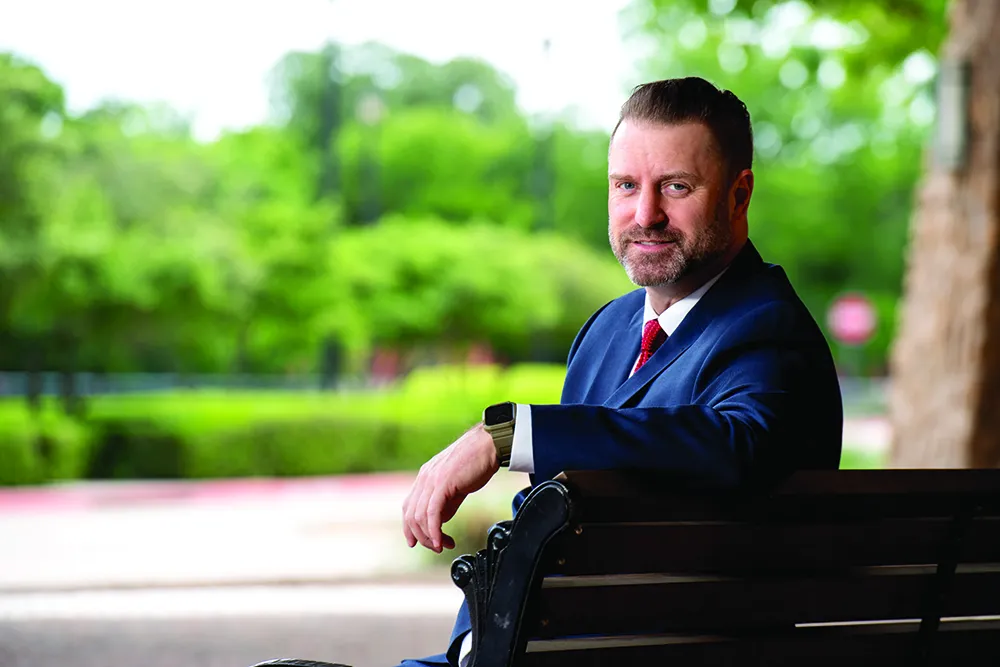Ford is developing a complete virtual factory to simulate the full assembly line production process. The company says this will enable it to improve quality and cut costs in real world manufacturing facilities by creating and analysing computer simulations of vehicle production procedures.
August 2, 2012
Read time: 2 mins
“We have already started work on our virtual factory project, so that we won't have to go to the real assembly line to conduct tests or research possible plant upgrades,” said José Terrades, simulations engineer, Ford of Spain. “Virtual factories will enable Ford to preview and optimise the assembly of future models at any of our plants, anywhere in the world. With the advanced simulations and virtual environments we already have at our disposal, we believe this is something Ford can achieve in the very near future.”
Thousands of components are assembled to manufacture a vehicle. Computer simulation of the assembly process enables the vehicle build process to be tested before investing in the resources required for a real-world production line. In 1997 Ford was the first car maker to use computer simulations to plan vehicle assembly at facilities worldwide. Computer simulation is now integrated into Ford’s development processes.
“The final assembly process simulations we use today allow us to do much more than simply plan our build sequences,” said Nick Newman, implementation manager, Ford of Germany. “We can piece together complete cars in a virtual environment and assess the construction down to the finest detail, and we plan to implement this even more widely in the future.”
Ford uses sophisticated camera technology to scan and digitise its real-world manufacturing facilities to create ultra-realistic 3D virtual assembly environments. The company’s Valencia plant, in Spain, is taking the lead in developing virtual factory environments, which could enable remote evaluations to be conducted from around the globe.
Special projectors and polarising, motion-sensing glasses are used to create interactive 3D virtual reality manufacturing scenarios. The actions required by real-life assembly line operators are simulated inside these environments to help Ford ergonomics experts eliminate strenuous postures and optimise individual aspects of the assembly process.
Ford’s virtual employee ‘Jack’ can simulate the actions of both male and female assembly line workers to test and evaluate processes in fine detail, right down to the movement of the operator’s fingers within an enclosed space. Jack’s advanced software evaluates the demands on the real-world operator and uncovers 80 per cent of ergonomics issues at the simulation stage.










